The Coriolis Effect: How Earth’s Rotation Influences Hurricanes

The Coriolis Effect: How Earth’s Rotation Influences Hurricanes
Introduction
As the fury of hurricanes unleashes itself over our cities, the damage and devastation caused are massive. Understanding the factors that influence the formation, intensity, and trajectory of these natural disasters is crucial to mitigating their impact. One such factor is the Coriolis effect, named after the 19th-century French physicist Gaspard-Gustave de Coriolis, who first described this phenomenon. The Coriolis effect plays a significant role in determining the paths of hurricanes and influencing their strength. In this article, we will take a closer look at how the Coriolis effect works, its significance in hurricane formation, and ways to prepare and protect against these storms.
The Basics of the Coriolis Effect
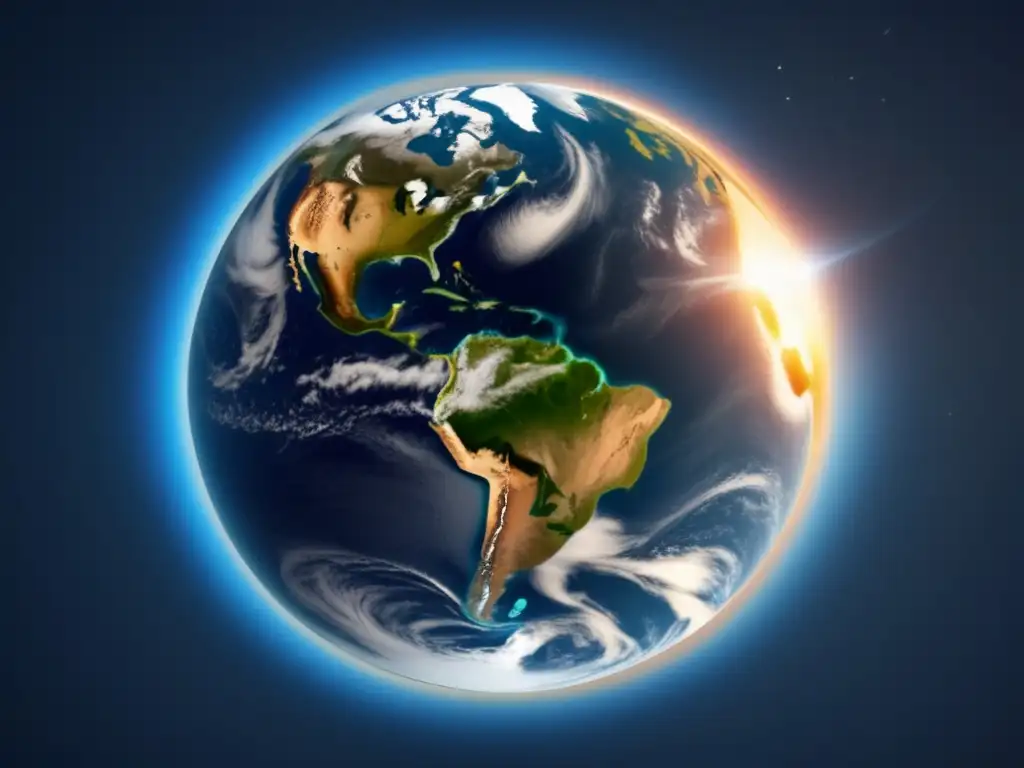
The Science Behind the Effect
The Coriolis force is simply a consequence of the Earth's rotation. As earth rotates around its axis, the movement of air and water takes on a curved path, meaning that they veer to the right in the Northern Hemisphere and to the left in the Southern Hemisphere. This deflection occurs because different parts of the Earth's surface travel different distances at different speeds over the same amount of time. For instance, if a parcel of air moves directly towards the North Pole, it will have to move faster than a parcel of air that moves towards the equator. This difference in speed combined with the rotation of the Earth causes the parcels of air to experience a sideways force, which deflects them to the right in the Northern Hemisphere and to the left in the Southern Hemisphere, known as the Coriolis effect.
The Direction of Coriolis Force
Coriolis force is always perpendicular to the direction of motion. Therefore, hurricanes rotate in an anticlockwise direction in the Northern Hemisphere and in a clockwise direction in the Southern Hemisphere. This is why understanding the Coriolis force is critical in hurricane forecasting, as it can help us predict the path of the storm.
The Influence of Coriolis on Ocean Currents
The Coriolis effect also plays a significant role in the formation of ocean currents, which have a profound impact on marine ecosystems and global climate. Similar to air and water, ocean currents follow the curved path due to the Earth's rotation. As these currents travel across the different ocean basins, they carry heat, salt, nutrients, and other essential substances that govern the climate. The Coriolis effect also influences the direction of these ocean currents, and hence, scientists use this knowledge to map out ocean currents and understand their impacts.
The Significance of Coriolis Effect in Hurricane Formation
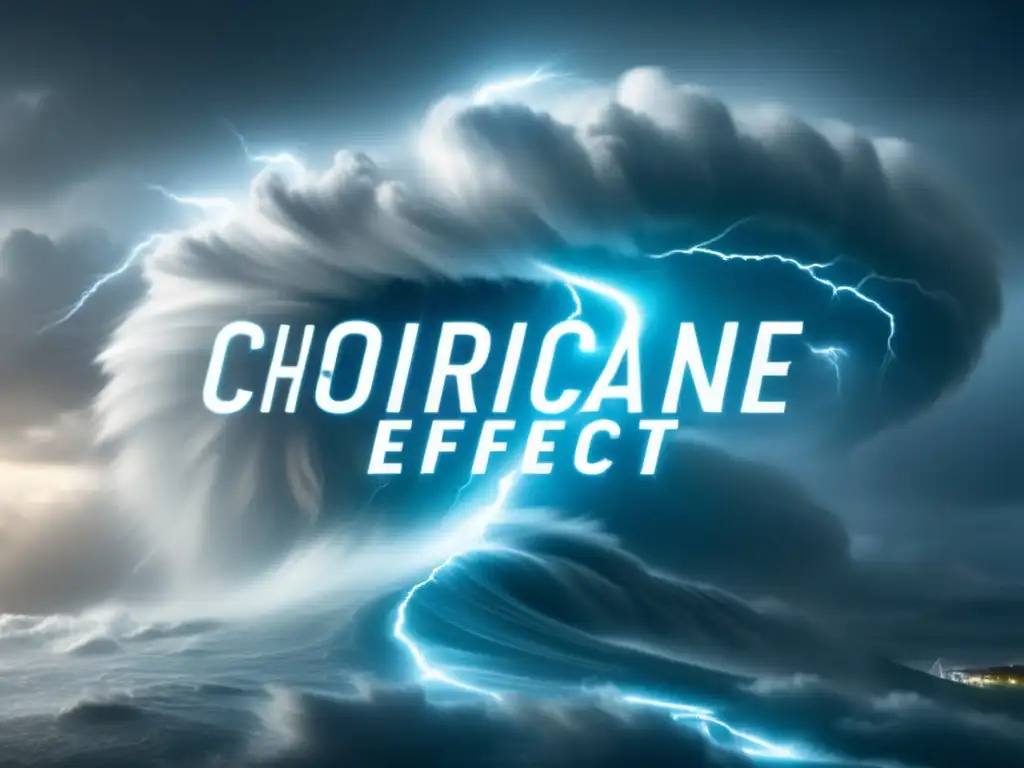
How Hurricanes Form
Hurricanes are complex weather systems that form over tropical waters when conditions such as warm ocean temperatures, moist air, and light winds are present. As warm moist air rises from the ocean surface, low-pressure areas begin to form. These low-pressure areas allow more warm moist air to rise, leading to a strengthening of the system. The spinning of the Earth adds an important aspect to hurricane formation by creating the Coriolis effect, which gives the storm its distinctive spiral shape.
The Influence of Coriolis on Hurricane Strength
The Coriolis effect dictates the rotation of the storm by deflecting the wind flow. This deflection causes the formation of circulation around the low-pressure center that strengthens the storm. The greater the divergence between strong winds and the central low-pressure zone, the more powerful the hurricane becomes. However, in the absence of the Coriolis effect, hurricane cells cannot maintain a coherent organization, and tropical storms die out before intensifying.
The Role of the Coriolis Effect in Determining the Path of Hurricanes
The Coriolis effect also plays a crucial role in determining the trajectory of hurricanes. As we know, the force deflects air and water, which means that the storm's path will be influenced by this force. In the Northern Hemisphere, this deflection causes hurricanes to move towards the north and usually the east after forming near the equator and then moving westward. On the other hand, in the Southern Hemisphere, hurricanes tend to move eastwards after forming near the equator and then moving westward. Understanding the Coriolis force's impact on hurricane formation can help us predict their paths and take necessary precautions.
How to Prepare and Protect Against Hurricanes
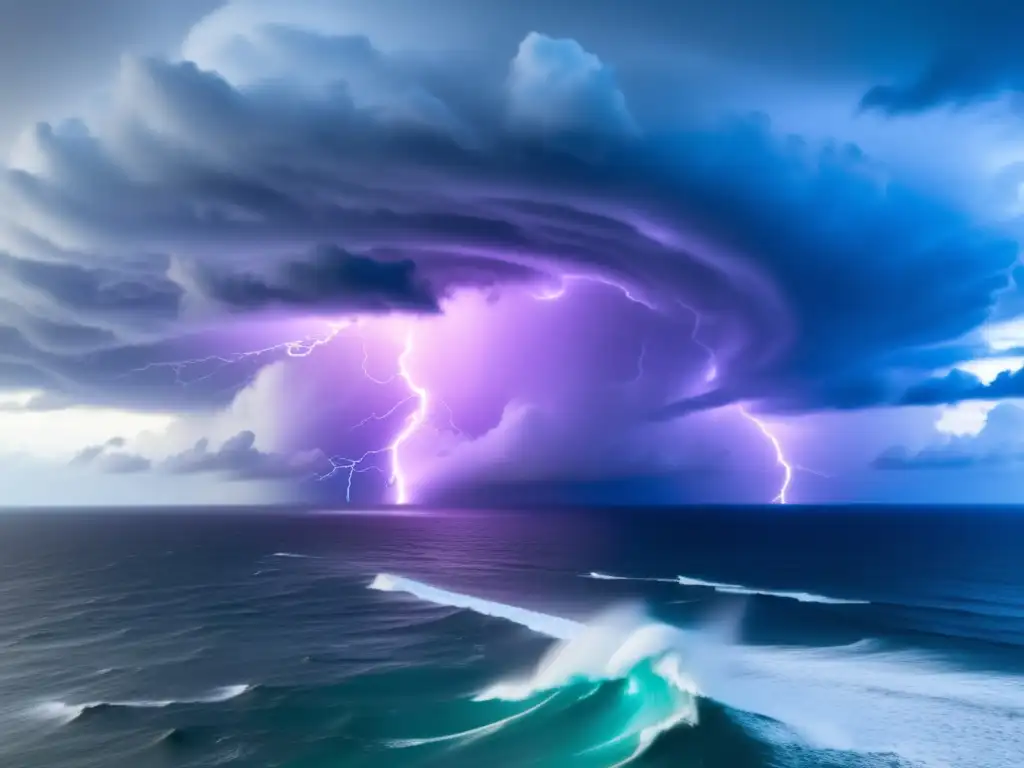
Stay Informed
It is vital to stay informed about the weather and track the development of storms to be adequately prepared to face hurricanes. You can monitor updates from trusted sources such as the National Hurricane Center, local news channels, and radio stations.
Have an Emergency Plan
Having an emergency plan in place helps you respond quickly and calmly in case of a hurricane. Make sure to have a list of emergency contacts, pack a first aid kit, stock up on essentials like food, water, batteries, and flashlights, and identify a safe location to seek shelter.
Protect Your Property
To minimize damage to your property, make sure to secure loose objects like patio furniture, trim trees and shrubs, and install impact-resistant windows.
Frequently Asked Questions

-
What is the Coriolis effect?
The Coriolis effect is a phenomenon that results from the Earth's rotation, causing air and water to deflect to the right in the Northern Hemisphere and to the left in the Southern Hemisphere.
-
How does the Coriolis effect influence hurricanes?
The Coriolis effect dictates the rotation of the hurricane by deflecting the wind flow, leading to the formation of circulation around the low-pressure zone that strengthens the storm. The force also plays a crucial role in determining the trajectory of hurricanes, influencing their path.
-
Why do hurricanes rotate in different directions in the Northern and Southern Hemispheres?
Hurricanes rotate in an anticlockwise direction in the Northern Hemisphere and a clockwise direction in the Southern Hemisphere due to the Coriolis force's deflection, which is perpendicular to the direction of motion.
-
How can I stay safe during a hurricane?
To stay safe during a hurricane, it is essential to stay informed about weather updates, have an emergency plan in place, and protect your property by securing loose objects, trimming trees, and installing impact-resistant windows.
-
What can I do to prepare for a hurricane?
To prepare for a hurricane, you can pack a first aid kit, stock up on essentials, identify a safe location for shelter, and have a list of emergency contacts.
Conclusion
Understanding the Coriolis effect's impact on hurricane formation is crucial to minimizing damage and protecting communities from the impact of these powerful storms. The Coriolis force dictates the rotation and trajectory of hurricanes, making it a key factor in predicting their paths. By staying informed, having an emergency plan in place, and protecting your property, you can stay safe during a hurricane. As we continue to face the threat of hurricanes, it is essential to understand the science behind their formation and the role of significant factors like the Coriolis effect in protecting ourselves and our communities.
We hope this article has enlightened you about the significant impact of the Coriolis effect in hurricane formation. If you have any thoughts or feedback, please share them in the comments section below. Thank you for reading and engaging with Hurricane Insider.
Additional Resources

- National Hurricane Center
- Ready.gov – Hurricane Preparedness
- National Oceanic and Atmospheric Administration (NOAA) – Coriolis Effect
 A Timeline Of Hurricane Detection Methods
A Timeline Of Hurricane Detection Methods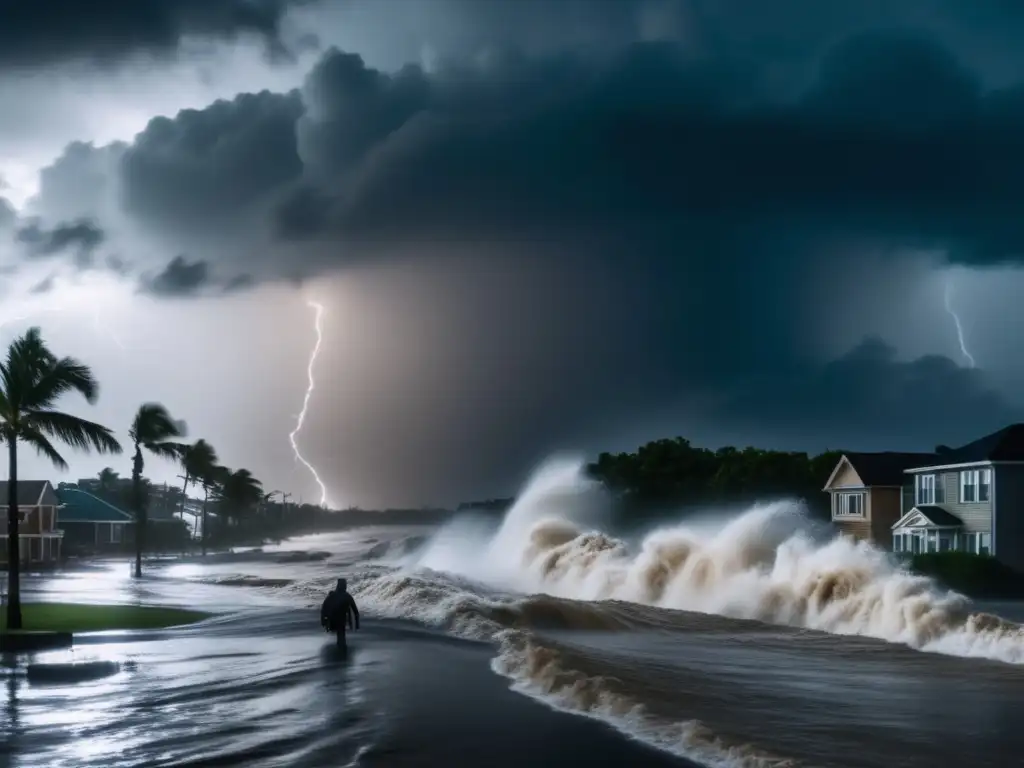 How Hurricanes Can Trigger Earthquakes
How Hurricanes Can Trigger Earthquakes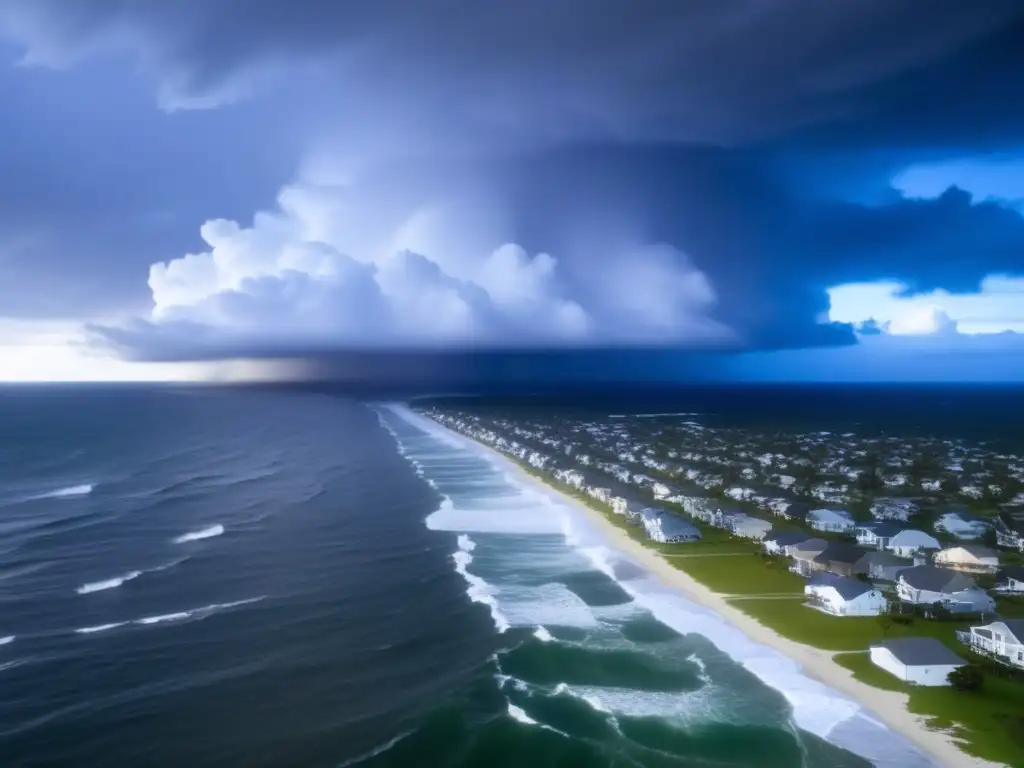 Storm Surge: The Deadliest Aspect Of Hurricanes
Storm Surge: The Deadliest Aspect Of HurricanesIf you want to discover more articles similar to The Coriolis Effect: How Earth’s Rotation Influences Hurricanes, you can visit the Basic knowledge about hurricanes: category.
Leave a Reply

Articulos relacionados: